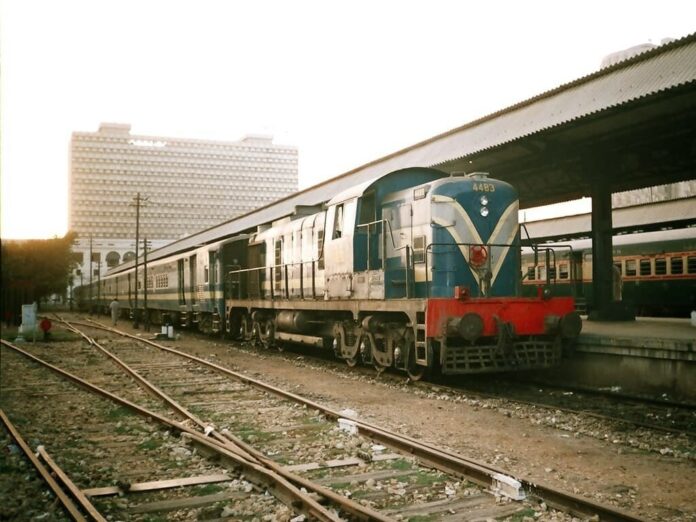Internal disagreements have surfaced regarding the approval of the $6.7 billion Mainline-I (ML-I) project under the China-Pakistan Economic Corridor (CPEC). The Planning Ministry has contradicted a statement from the Pakistan Foreign Office, asserting that the Executive Committee of the National Economic Council (ECNEC) did not postpone approval of the project in its recent meeting.
This unusual move by the planning ministry came after the Foreign Office stated that the ECNEC had not approved the re-modified PC-I for the ML-I upgrade and recommended Pakistan Railways to consider smaller projects for financing. However, the planning ministry clarified that there was a misunderstanding about ECNEC’s decision on the ML-I project.
The ECNEC meeting, chaired by Deputy Prime Minister and Foreign Minister Ishaq Dar in the absence of Prime Minister Shehbaz Sharif, is pivotal as it holds authority to approve major projects exceeding Rs7.5 billion. The revised cost of the ML-I project stands at $6.7 billion (Rs1.9 trillion), and it is crucial strategically for Pakistan, with the country seeking a concessional loan from China for its completion.
Despite Pakistan’s urgency to secure the loan and initiate the bidding process, internal discord within the ruling party threatens these efforts. The planning ministry emphasized that Prime Minister Shehbaz Sharif and President Xi Jinping had agreed to progress the ML-I project in phases during a recent meeting in Beijing. As a result, ECNEC directed the Ministry of Railways to resubmit the Phase-1 proposal, covering the Karachi-Multan section, at the next meeting.
Previously, the planning commission had raised concerns about the project’s viability due to cost reductions affecting its design and scope. Despite Beijing’s request to reduce costs, compromises were made on various aspects, including speed limits, line capacity, rolling stock, axle load, and the fencing plan.
Moreover, discussions about the project’s implications for Pakistan’s upcoming IMF loan programme further complicate matters, as noted by the Ministry of Finance during the project’s clearance by the Central Development Working Party.
Overall, the conflicting statements and internal disagreements underscore the complexities surrounding the ML-I project, crucial for Pakistan’s infrastructure development under CPEC.




